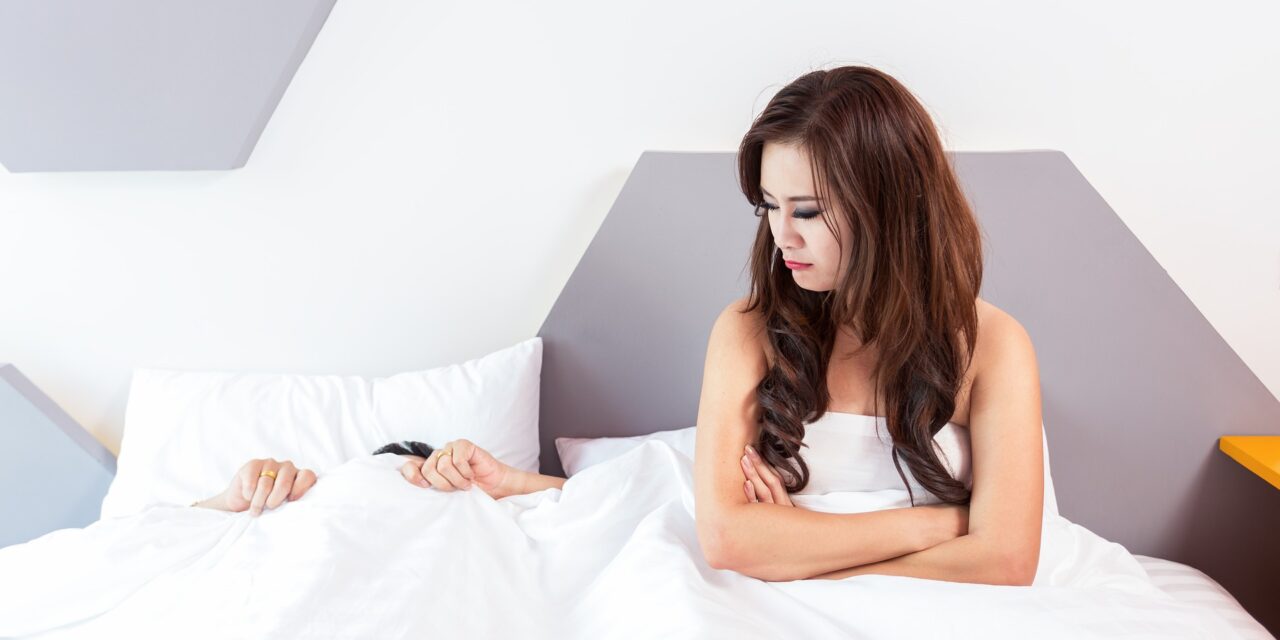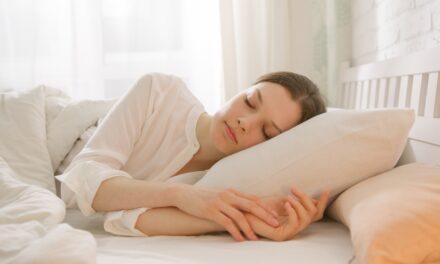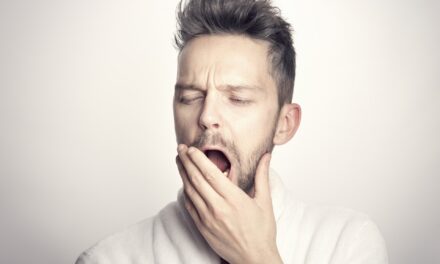After lying in bed struggling to fall asleep one night, you might have been left wondering how long it is supposed to take for you to fall asleep. Lots of people struggle to get to sleep, and some people will fall asleep the second that their head hits the pillow, but how long should it take?
There are so many things that can influence our sleep, including using technology, our daily routines, and our busy minds. While it can be difficult to fall asleep at times, there are some things that you can do to try and shorten the length of time that it takes for you to drift off into a peaceful slumber.
In this article, we are going to tell you everything that you need to know about falling asleep, but particularly how long the process should take. This will help to give you a better understanding of how long it should take, versus how long it actually takes for you. We will also share some helpful tips that you can use to try and fall asleep faster.
What to expect from our article
How Long Should it Take to Fall Asleep?
On average, you can fall asleep within 7 minutes. However, if you are someone that falls asleep within 10 to 20 minutes of going to bed, then you are within the normal sleeper cycle. This time is referred to as sleep latency.
Although, if it takes you longer than this to fall asleep, then your body could be hinting that something needs to change in your lifestyle and routine.
The first part of the sleep stage is known as the Alpha stage, and it is not only restricted to sleep. Lots of people that practice things like meditation will generally fall into this range when they are meditating. It is also known as the brainwave activity range, and people that pray often can also experience this.
Why Does It Take So Long For Me to Fall Asleep?
If it takes you an hour or longer to fall asleep, then it can be possible that you are sleeping too much, or that you are experiencing insomnia. This is something that can happen if you are struggling to switch off or relax at night. It might also take you longer to fall asleep if your body is not ready to sleep, which can happen if you have had too much caffeine, are experiencing jet lag, or you are simply trying to get an earlier night than usual.
If it takes you longer than normal to go to sleep at night, you can take comfort in the fact that this is something that a lot of people struggle with, which is why there are various different things that you can try to improve this. Anything that is longer than around 20 minutes is longer than it should take for you to fall asleep, and if this is the case for you, then your body might be trying to tell you something.
What is Insomnia?
Insomnia is a type of sleep disorder that causes you to have trouble falling asleep or staying asleep, or both. This is a condition that can either be short-term or long-term, depending on the individual. Short-term insomnia is called acute insomnia, whereas long-term insomnia is called chronic insomnia. Acute insomnia can last anywhere from 1 night to a few weeks, and chronic insomnia will occur at least 3 nights a week for 3 months or longer.
Types of Insomnia
There are also two different types of insomnia, which are primary and secondary insomnia.
Primary insomnia – When your sleep problems are not caused by any other health conditions or problems.
Secondary insomnia – When you are having trouble sleeping due to a health condition, like asthma, depression, arthritis, cancer, or heartburn, pain, medication, or substance use.
Sleep-onset insomnia – When you have trouble falling asleep.
Sleep-maintenance insomnia – When you have trouble staying asleep throughout the night, or you wake up too early.
Mixed insomnia – When you find it difficult to fall asleep and to stay asleep during the night.
Paradoxical insomnia – When you underestimate the time that you are asleep, and it feels like you have slept a lot less than you actually did.
What Are the Symptoms of Insomnia?
Some main symptoms of insomnia that you should know about are:
- Finding it difficult to fall asleep at night
- Waking up multiple times throughout the night
- Lying awake at night
- Waking up early and being unable to fall asleep
- Still feeling tired once you have woken up
- Finding it difficult to nap throughout the day, even if you are exhausted
- Finding it difficult to concentrate throughout the day because you are too tired
- Feeling tired and irritable throughout the day
What Causes Insomnia?
Some of the most common causes of insomnia are:
- Stress, anxiety, or depression
- Noise
- A room that is too hot or cold
- Uncomfortable beds
- Alcohol, caffeine, or nicotine
- Recreational drugs like cocaine or ecstasy
- Jet lag
- Shift work
Why Do I Fall Asleep Straight Away?
If you are someone that falls asleep immediately after your head hits the pillow, then it could be a sign that you are not getting enough sleep. If this is the case, then you should try to make it a new priority for you to get more sleep. Otherwise, it’s going to catch up with you eventually, and this is never good.
How Much Sleep Do You Need?
The amount of sleep that you need will vary depending on your age. If you are an adult, you will need between 7 and 9 hours of sleep a day. Children will need between 9 and 13 hours of sleep each night. Finally, toddlers and babies will need between 12 and 17 hours of sleep. If you are not getting enough sleep, then you are much more likely to feel tired throughout the day.
How to Fall Asleep Faster
If you want to fall asleep faster, then there are some things that you can try in order to achieve this. We will leave some helpful tips for falling asleep faster below.
Avoid Screen Time Before Bed
Something that can be really helpful is avoiding using things like the TV, your mobile phone, or your computer before you go to bed. You should ditch these items at least an hour before bed if you want to have an easier time falling asleep.
Hide Your Clock From Sight
This might seem like a weird thing to do, but it can actually help you to sleep better. When you look at the clock when you are trying to fall asleep, it can make the process of falling asleep much more pressured. You might be left thinking about not getting enough sleep as the time ticks on, and this makes it even harder to fall asleep.
Have a Bath Before Bed
If you want to fall asleep faster, then you should consider having a bath before you go to bed. The warmth and calm that you get from having a bath can help to make you feel more relaxed and tired. The heat will also help to relax your muscles.
Create a Daily Routine
Something that can help you when it comes to falling asleep faster at bedtime is ensuring that you have a routine. Making changes each day can make it harder to be consistent, which can affect your sleep. Having a regular sleeping pattern is really important for good sleep.
You should try to wake up, wind down, and go to bed at around the same time each day, as this will help you to fall asleep better. You should also try to avoid having a nap throughout the day if you can. Keep in mind that your sleep routine begins before you even get into bed, so try to factor in some time in the evening to wind down before you try to go to sleep.
Prepare to Go to Sleep
The way in which we look after our bodies can also have a big impact on our sleep, and it can be really easy to fall into unhealthy behaviour patterns that will only make your sleep worse. Try to avoid caffeine, alcohol, nicotine, or big meals before going to bed.
As well as this, you should avoid vigorous exercise before bedtime. Regular exercise is great for sleep, but strenuous exercise in the evening can negatively impact your sleep.
Create A Calm and Restful Environment
Even the simplest of things can have a big impact when it comes to falling asleep and then staying asleep. It is much easier to try to fall asleep when your bedroom is neither too hot nor too cold, and it is both dark and quiet. However, the perfect sleep environment will depend on your preferences, so you should find out what works for you.
You may choose to wear earplugs or a sleeping mask, or play some gentle calming music or white noise before you go to bed. It all depends on what helps you.














